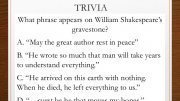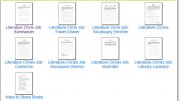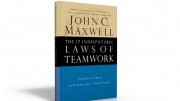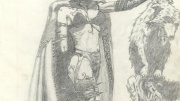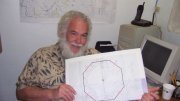Camellia Nieh & Jonathan Lloyd-Davies, tr. New York. Vertical. 2012. ISBN 385
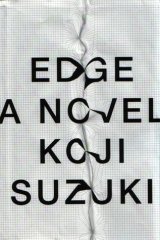 In Edge, Koji Suzuki devises an inspired premise and pummels it half to death. Suzuki has been touted as Japan’s answer to Stephen King. Wrong. Suzuki may be the answer, but King is not the question. Suzuki lacks King’s gift for weaving seamless stories peopled with multidimensional characters. More important, Suzuki dislikes horror, describing himself in a 2005 interview as “the complete opposite of a ‘horror’ sort of person.”
In Edge, Koji Suzuki devises an inspired premise and pummels it half to death. Suzuki has been touted as Japan’s answer to Stephen King. Wrong. Suzuki may be the answer, but King is not the question. Suzuki lacks King’s gift for weaving seamless stories peopled with multidimensional characters. More important, Suzuki dislikes horror, describing himself in a 2005 interview as “the complete opposite of a ‘horror’ sort of person.”
Yet Suzuki made his name with the 1991 horror-mystery Ringu (translated by Robert B. Rohmer and Glynne Walley as Ring [2004], which inspired Hideo Nakata’s sublimely creepy 1998 film as well as innumerable sequels and subsequent variants in diverse media, as delineated by Denis Meikle in The Ring Companion (2005). But Suzuki’s sequels, Rasen (1995; Eng. Spiral, 2005) and Rupu (1998; Eng. Loop, 2006), translated by Glynne Walley, jettisoned the horror trappings of Ringu for those of sf, a development that has continued through Edge.
The novel’s major strength is protagonist Saeko Kuriyama. Never having known her mother, Saeko grew up devoted to her father, Sinochiro. He raised her to be knowledgeable and inquisitive, peppering her with minilectures on topics ranging from ancient mysteries to quantum physics. Then, when she was seventeen, he vanished—a trauma that forever warped her psyche.
Now, thirty-five years old and recently divorced, Saeko remains obsessed by his disappearance, deeply neurotic, and detached from life. In her capacity as a freelance journalist, she is about to be pulled by the irresistible force of proliferating disappearances throughout Japan into a confrontation with no less a mystery than the ontological structure of the universe itself—which, events hint, may be unraveling.
Unlikely as it may sound, the culprit is mathematics. Physicist Naoki Isogai struggles to explain: “Apparently the value of Pi has changed.” Worse, “[t]he Riemann hypothesis has collapsed. . . . It’s a disaster, a nightmare scenario.”
Source: www.worldliteraturetoday.org
You might also like:
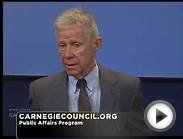
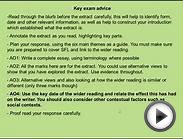
Related posts:

